How turbulence will change air travel
Ban on children sitting on laps among a raft of changes as turbulence expected to rise
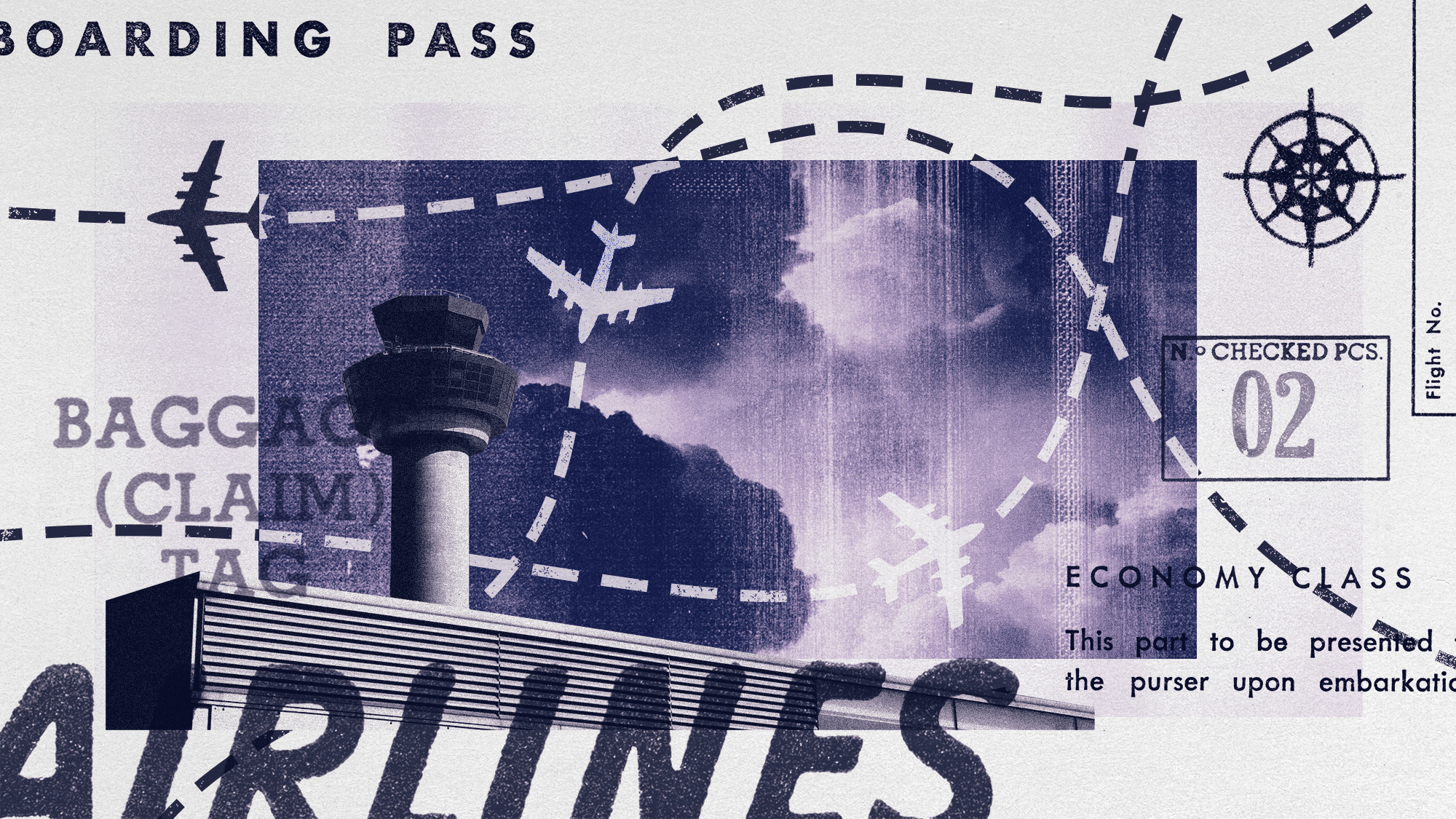
A free daily email with the biggest news stories of the day – and the best features from TheWeek.com
You are now subscribed
Your newsletter sign-up was successful
Radical changes to air travel are expected after a British passenger died of a heart attack when a Singapore Airlines flight from Heathrow to Singapore hit severe turbulence last month.
Experts say climate change will increase turbulence in the decades ahead and The Times "terrified" airline bosses are already taking steps that could make air travel a more restrictive and expensive experience.
Is turbulence getting worse?
Writing for the Irish Times, Paula Gahan said that after a decade as a cabin crew member, she had "little doubt" that turbulence is "getting worse" – and scientists support this.
The Week
Escape your echo chamber. Get the facts behind the news, plus analysis from multiple perspectives.

Sign up for The Week's Free Newsletters
From our morning news briefing to a weekly Good News Newsletter, get the best of The Week delivered directly to your inbox.
From our morning news briefing to a weekly Good News Newsletter, get the best of The Week delivered directly to your inbox.
In a 2023 research paper, Isabel Smith, a turbulence expert at the University of Reading's Department of Meteorology, said that "clear-air turbulence will increase over time as a result of climate change", reported The Telegraph.
Smith explained that because "the upper atmosphere is warming faster in the tropics" than in "the polar regions", this greater difference in temperature between low and high latitudes "increases wind shear in the jet streams", which "enhances the formation of turbulent patches of air".
University of Chicago researchers concluded that wind speeds, which are behind clean air turbulence, will rise by 2% for every degree celsius of global warming, reported the Times of India.
How will this change air travel?
Fatalities caused by turbulence are unusual and it is usually just an annoying or unnerving experience. While turbulence has occasionally caused aeroplanes to crash, most of those tragedies happened several decades ago before modern safety analysis techniques made flying safer.
A free daily email with the biggest news stories of the day – and the best features from TheWeek.com
But a former White House official died due to "severe turbulence" on a private business jet last year while flying between New Hampshire and Virginia, and three passengers on a Hawaiian Airlines service to Sydney were hospitalised after the flight experienced severe turbulence.
In the aftermath of the recent incident, Singapore Airlines announced it will take a "more cautious approach to managing turbulence". The carrier will suspend the hot drink service when the seatbelt sign is on and meal services will be paused during bumpy conditions. Cabin crew will be told to return to their seats and secure their seatbelts during these times.
The Association of Flight Attendants-CWA union, which represents more than 50,000 flight attendants in the US, is lobbying for a ban on children under the age of two travelling on a parent's lap.
"We've seen [planes] go through turbulence recently and drop 4,000 feet in a split second," a spokesperson for the union told the Washington Post, and "the G-forces are not something even the most loving mother or father can guard against and hold their child", because that is "just physically impossible".
Passengers "may also notice the seatbelt light illuminated for longer periods than before", said The Telegraph, because more sophisticated in-flight weather monitoring systems mean pilots are able to share information about flying conditions with nearby planes. Passengers are being warned to "take their seats pre-emptively, rather than reactively when turbulence hits" and one retired pilot suggested that passengers should keep their seatbelts fastened at all times.
Another change on the horizon is that pilots might begin to reroute to avoid rocky jet streams, meaning "longer flights and more fuel", coming at a "greater cost for the passenger".
Finally, Anton Radchenko of Airadvisor said that because "most people are unaware of what exactly turbulence is and panic when it happens", airlines should "dedicate a five-minute slot (in addition to in-flight safety demonstration) to educating passengers on turbulence before the flight takes off".
A senior aviation source told The Times that airline bosses are "terrified" by the Singapore event. "They know they could be next", so there's a concerted effort in the industry now to adapt, and [safety] briefings are going to be at the heart of it".
Chas Newkey-Burden has been part of The Week Digital team for more than a decade and a journalist for 25 years, starting out on the irreverent football weekly 90 Minutes, before moving to lifestyle magazines Loaded and Attitude. He was a columnist for The Big Issue and landed a world exclusive with David Beckham that became the weekly magazine’s bestselling issue. He now writes regularly for The Guardian, The Telegraph, The Independent, Metro, FourFourTwo and the i new site. He is also the author of a number of non-fiction books.
-
 6 exquisite homes with vast acreage
6 exquisite homes with vast acreageFeature Featuring an off-the-grid contemporary home in New Mexico and lakefront farmhouse in Massachusetts
-
 Film reviews: ‘Wuthering Heights,’ ‘Good Luck, Have Fun, Don’t Die,’ and ‘Sirat’
Film reviews: ‘Wuthering Heights,’ ‘Good Luck, Have Fun, Don’t Die,’ and ‘Sirat’Feature An inconvenient love torments a would-be couple, a gonzo time traveler seeks to save humanity from AI, and a father’s desperate search goes deeply sideways
-
 Political cartoons for February 16
Political cartoons for February 16Cartoons Monday’s political cartoons include President's Day, a valentine from the Epstein files, and more
-
 Are car headlights too bright?
Are car headlights too bright?The Explainer 82% of UK drivers concerned about being ‘dazzled’ as LED bulbs become more common
-
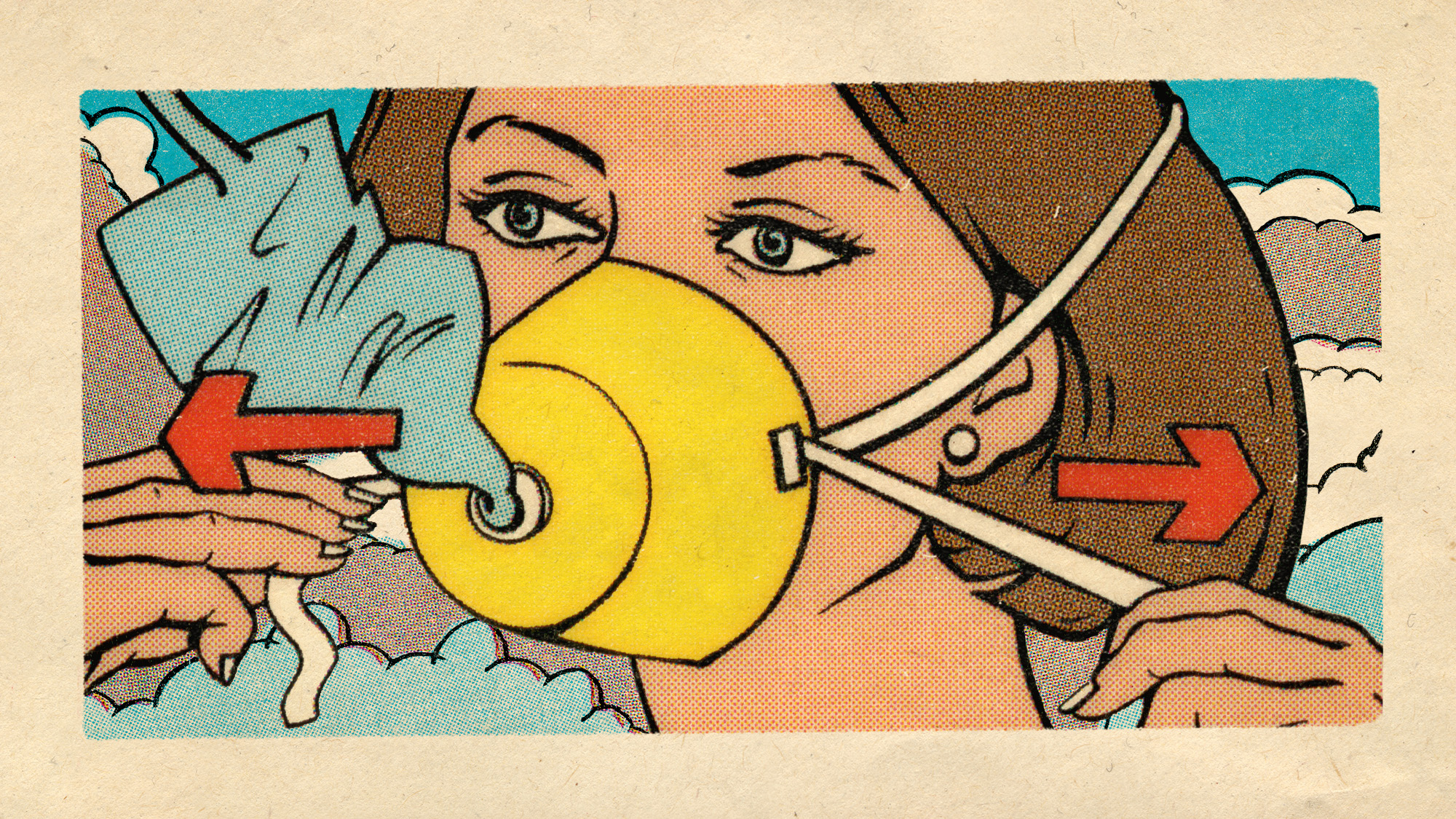 Toxic fumes on airplanes might be making you sick
Toxic fumes on airplanes might be making you sickUnder the Radar Aircraft manufacturers have allegedly downplayed the risks
-
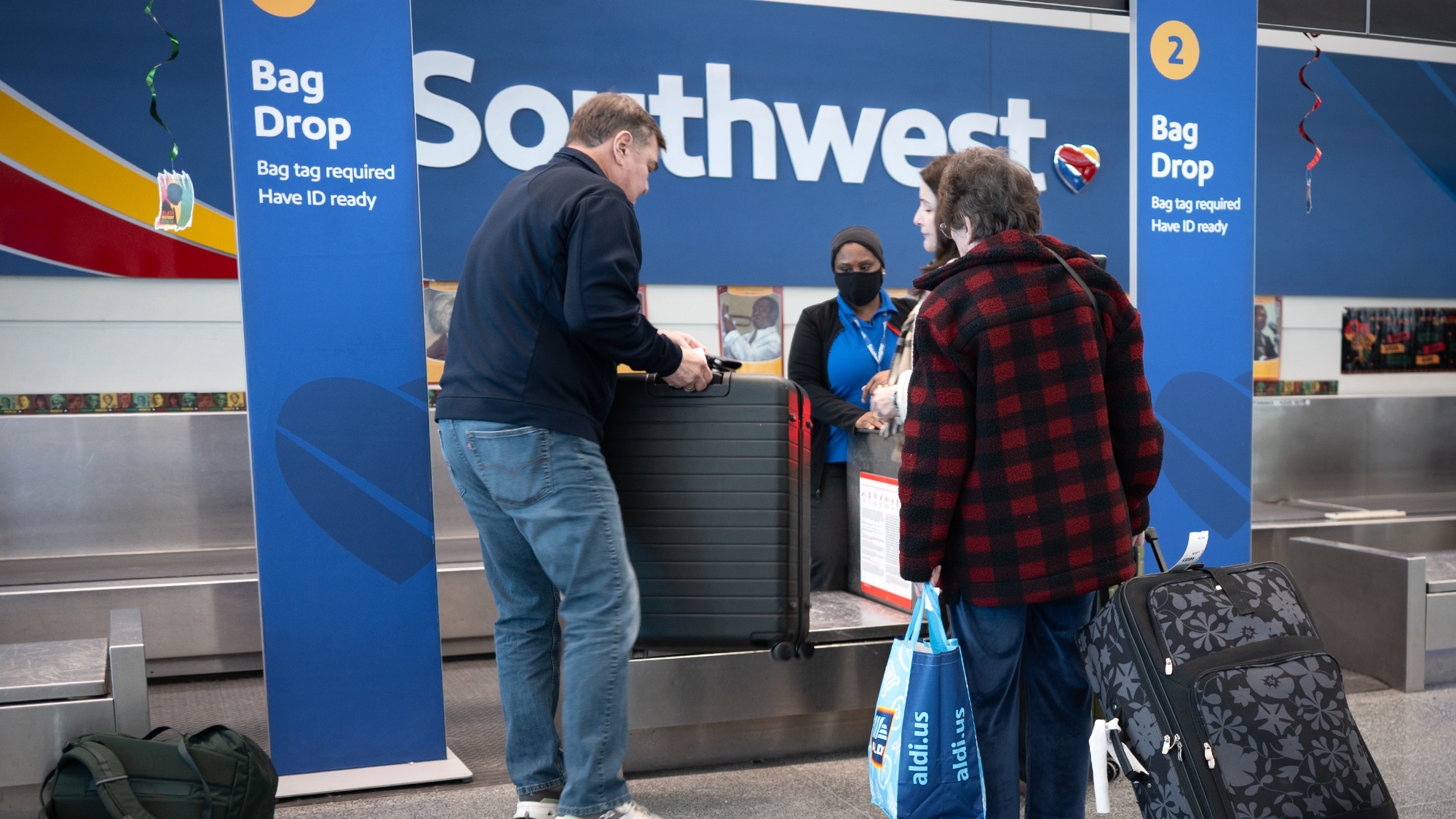 Southwest joins rival airlines on paid baggage
Southwest joins rival airlines on paid baggageSpeed Read The company is ending its longtime free-luggage policy
-
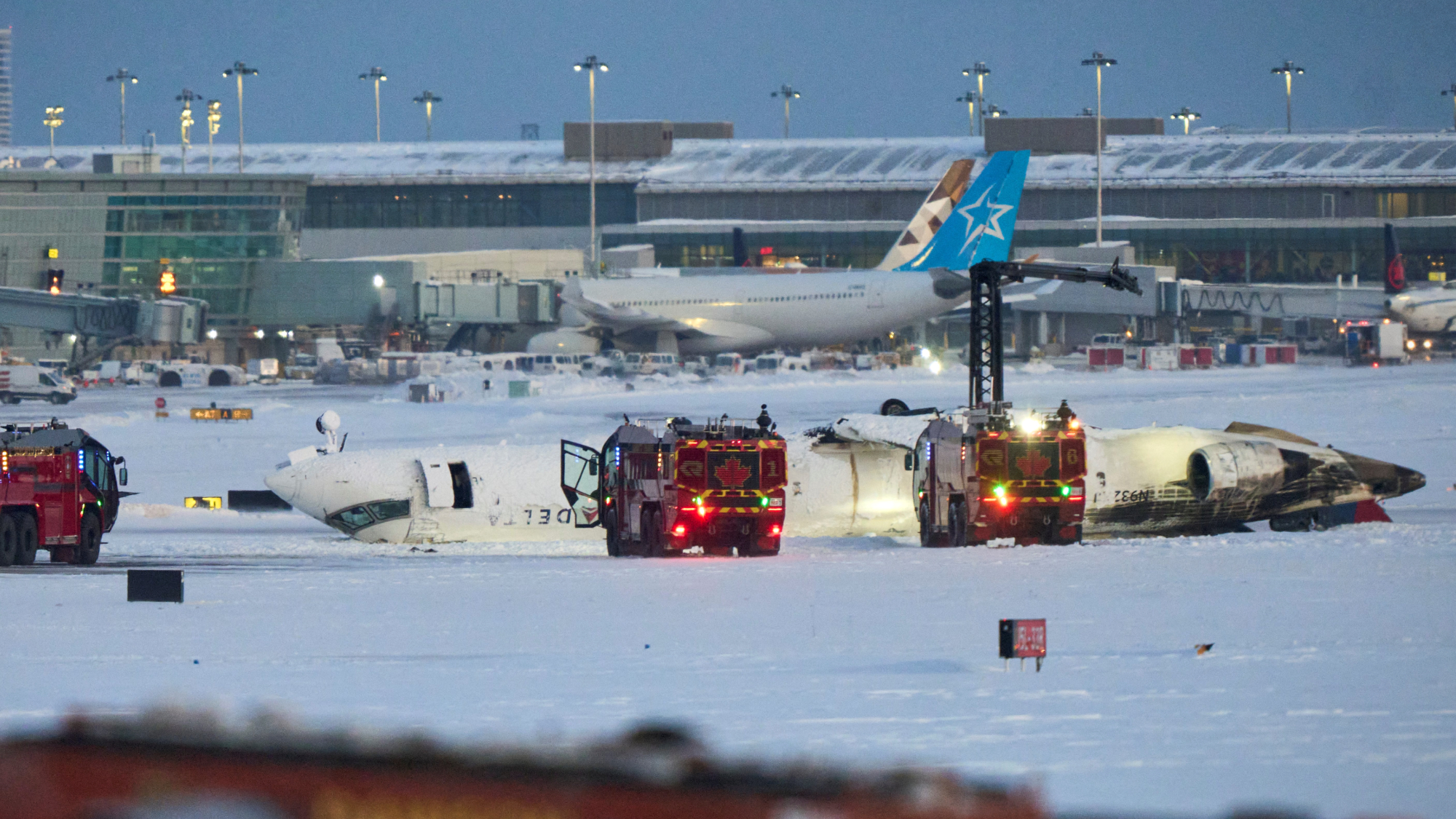 Delta flight lands upside-down in Toronto, no deaths
Delta flight lands upside-down in Toronto, no deathsspeed read At least 18 people were injured in a flight that landed at Toronto's Pearson International Airport
-
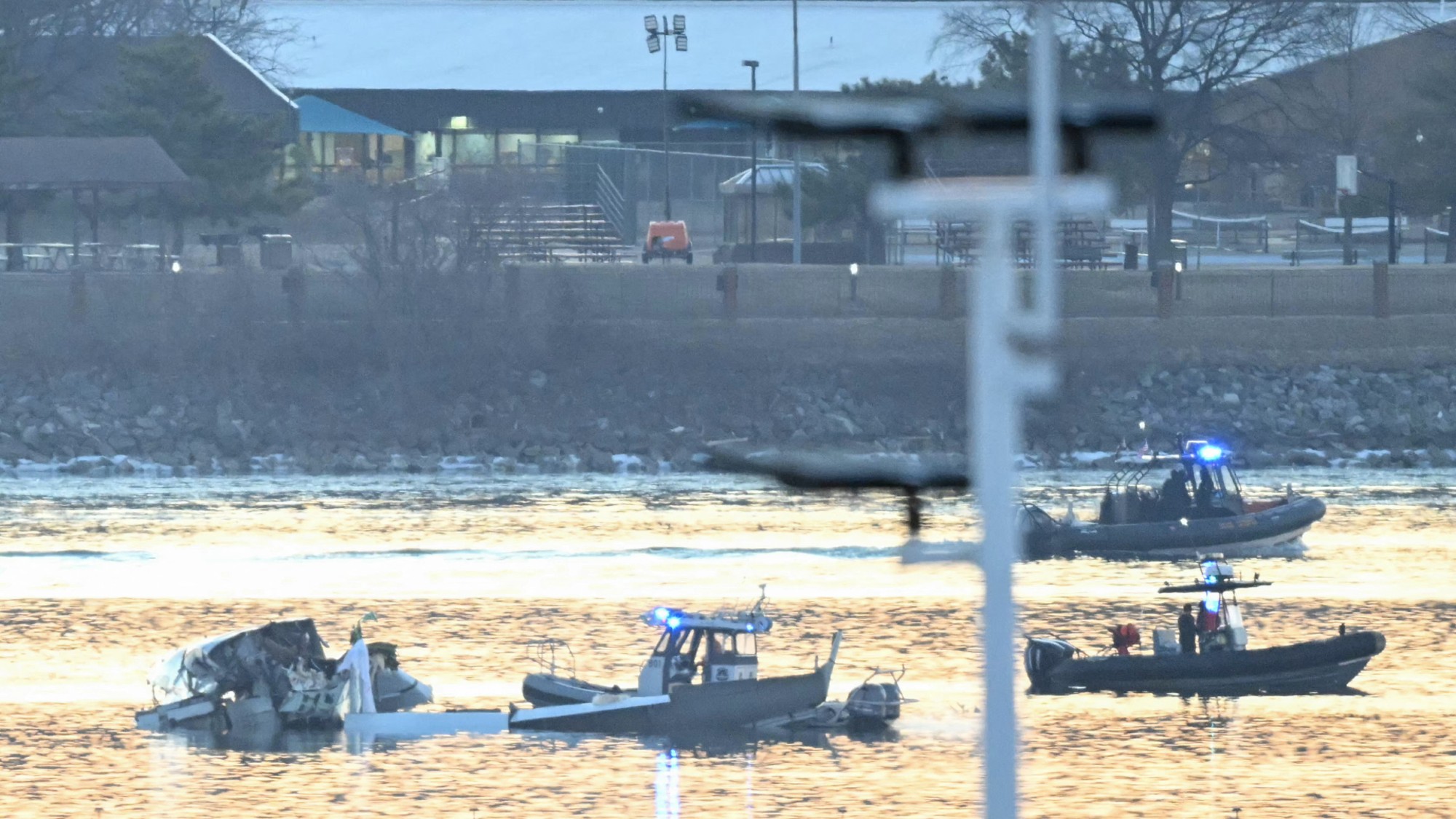 Washington DC plane crash: how did mid-air collision happen?
Washington DC plane crash: how did mid-air collision happen?Today's Big Question Experts struggle to explain how sophisticated airspace control system failed to prevent deadly disaster
-
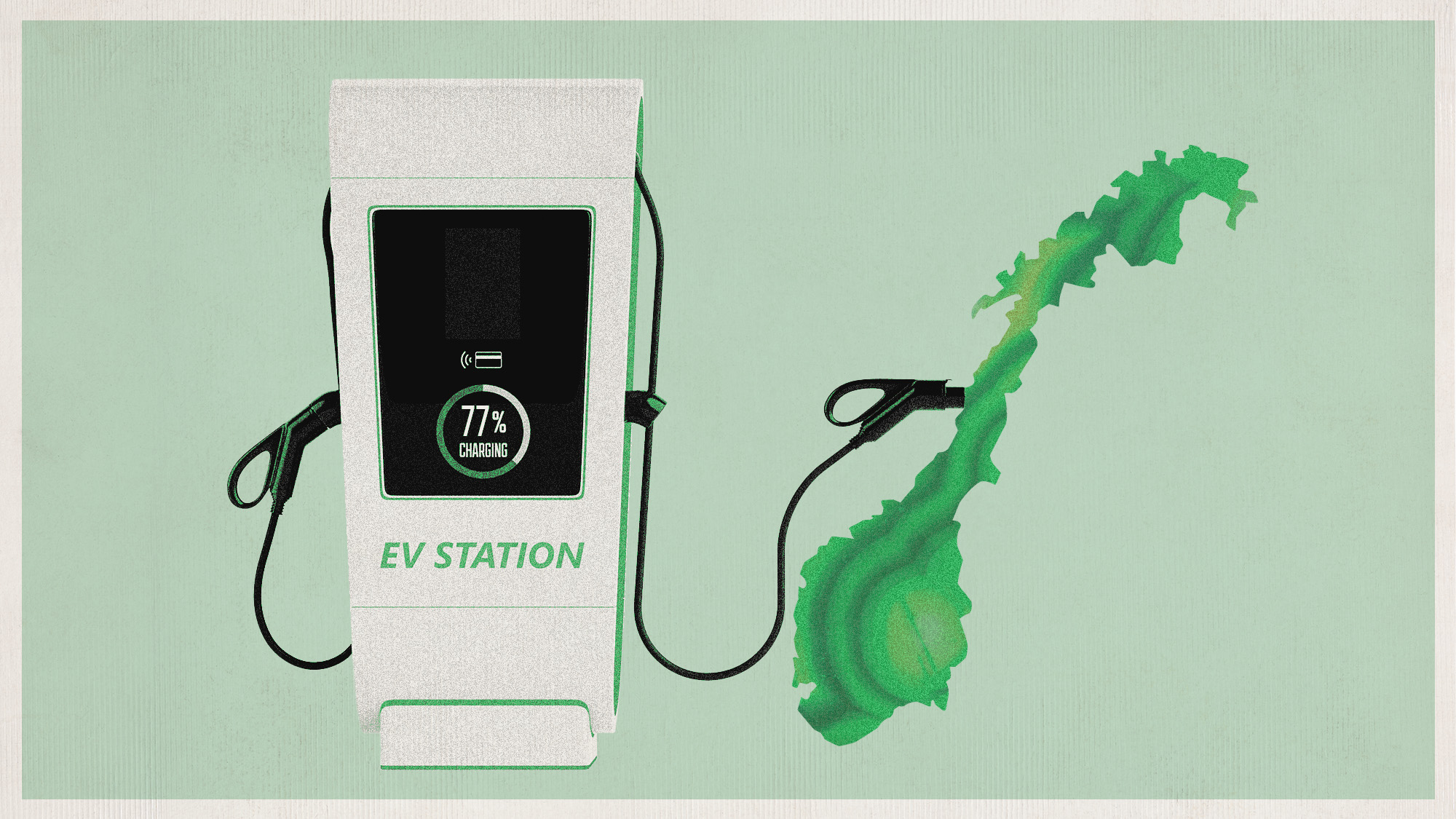 How Norway became an electric vehicle pioneer
How Norway became an electric vehicle pioneerUnder The Radar Early adoption, incentives and political consistency have helped Scandinavian nation race ahead
-
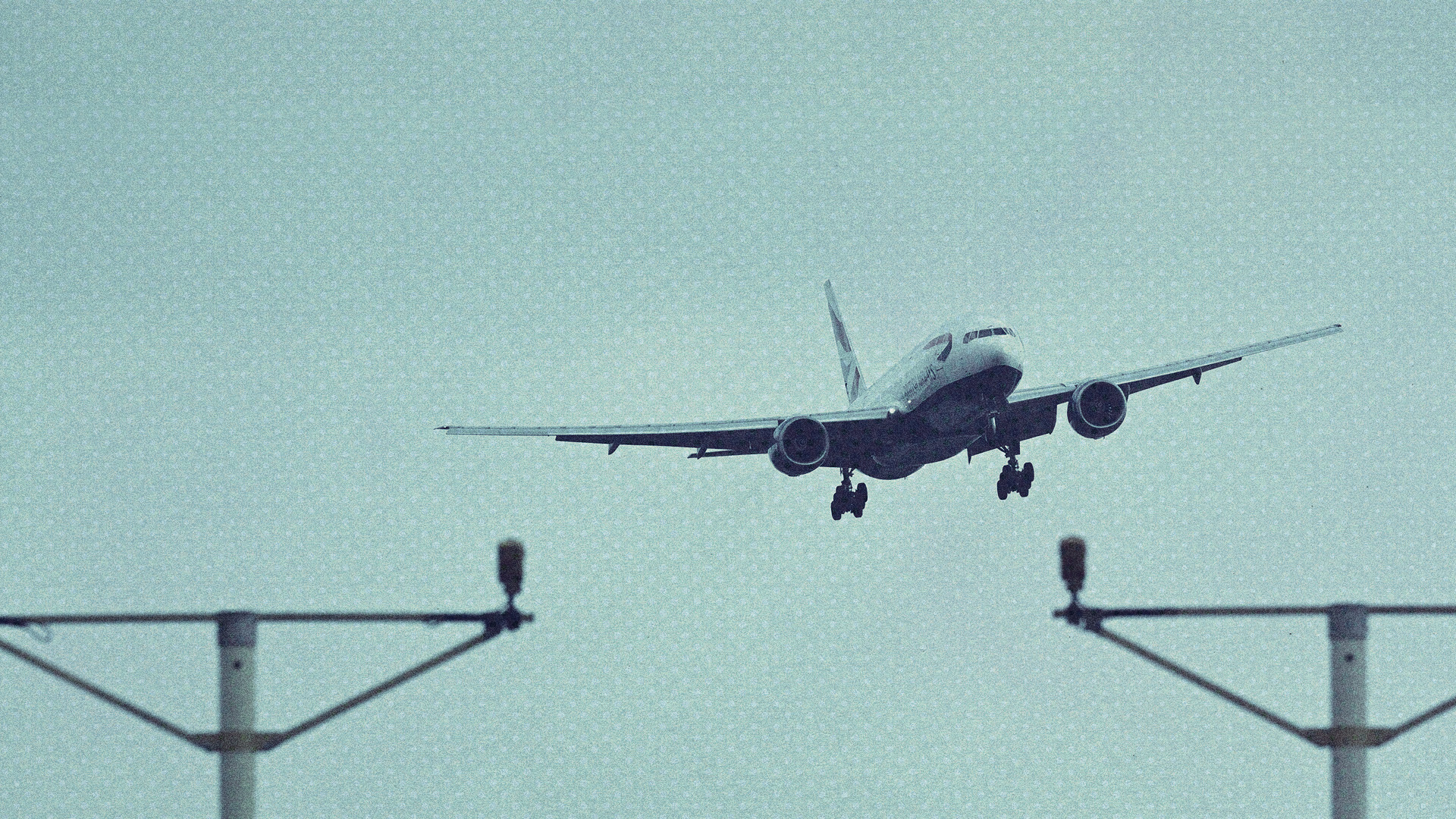 Why 2024 is a bad year for air accidents
Why 2024 is a bad year for air accidentsUnder The Radar Turbulence, 'poorly made' aircraft and climate change have been blamed for a string of incidents
-
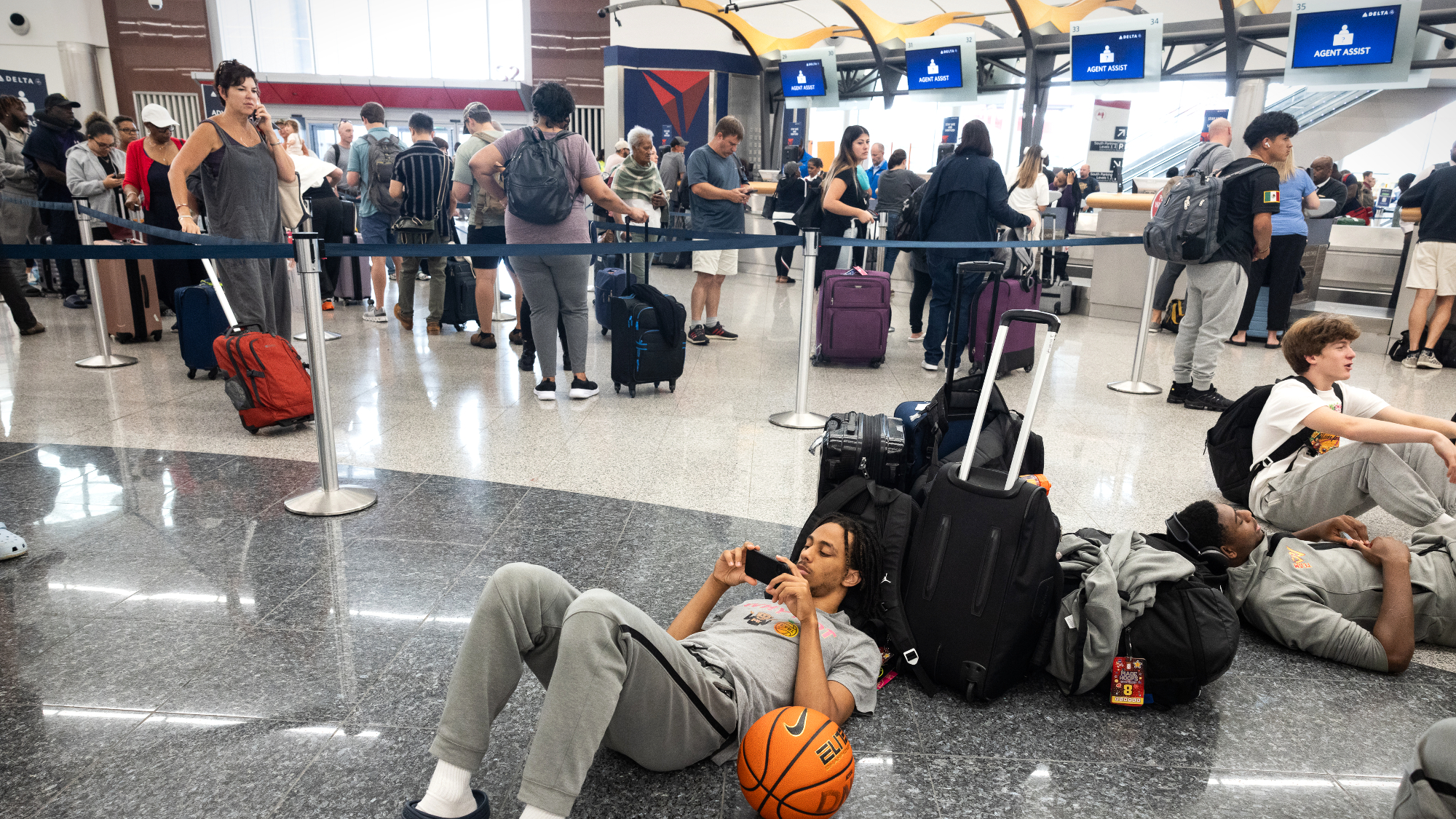 Tech outage ensnarls Delta, prompts hearings
Tech outage ensnarls Delta, prompts hearingsSpeed Read The airline is under federal investigation for its handling of flight cancellations that stranded hundreds of passengers